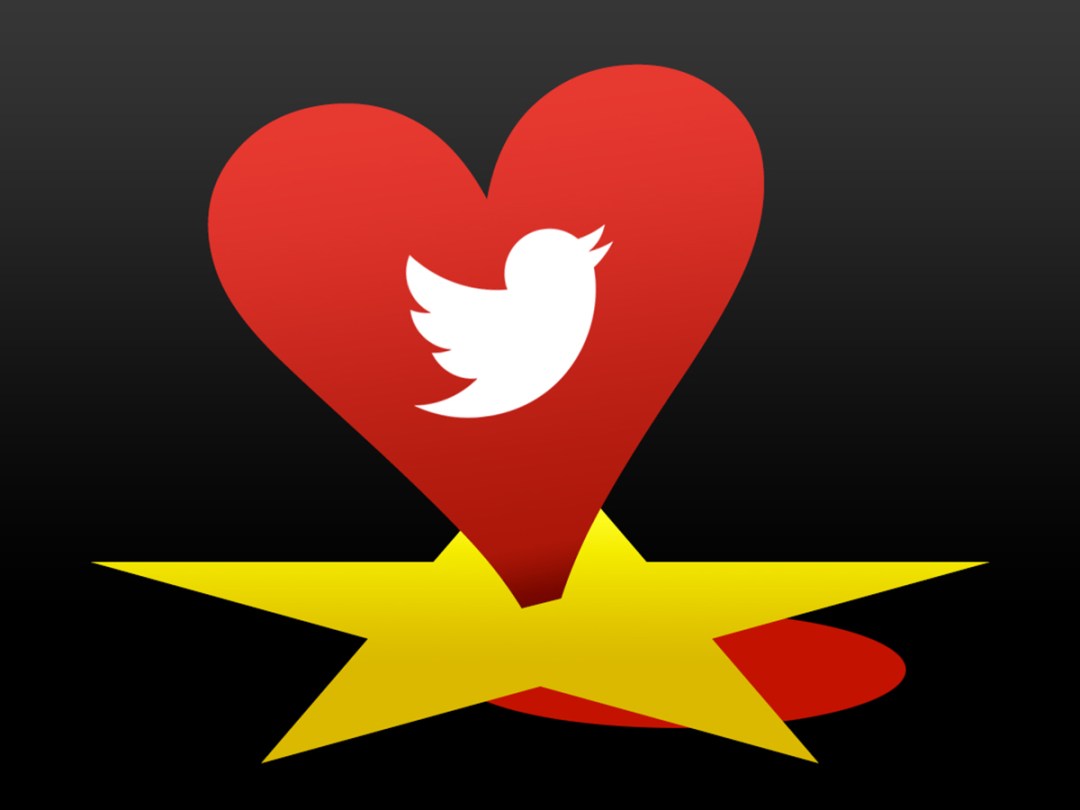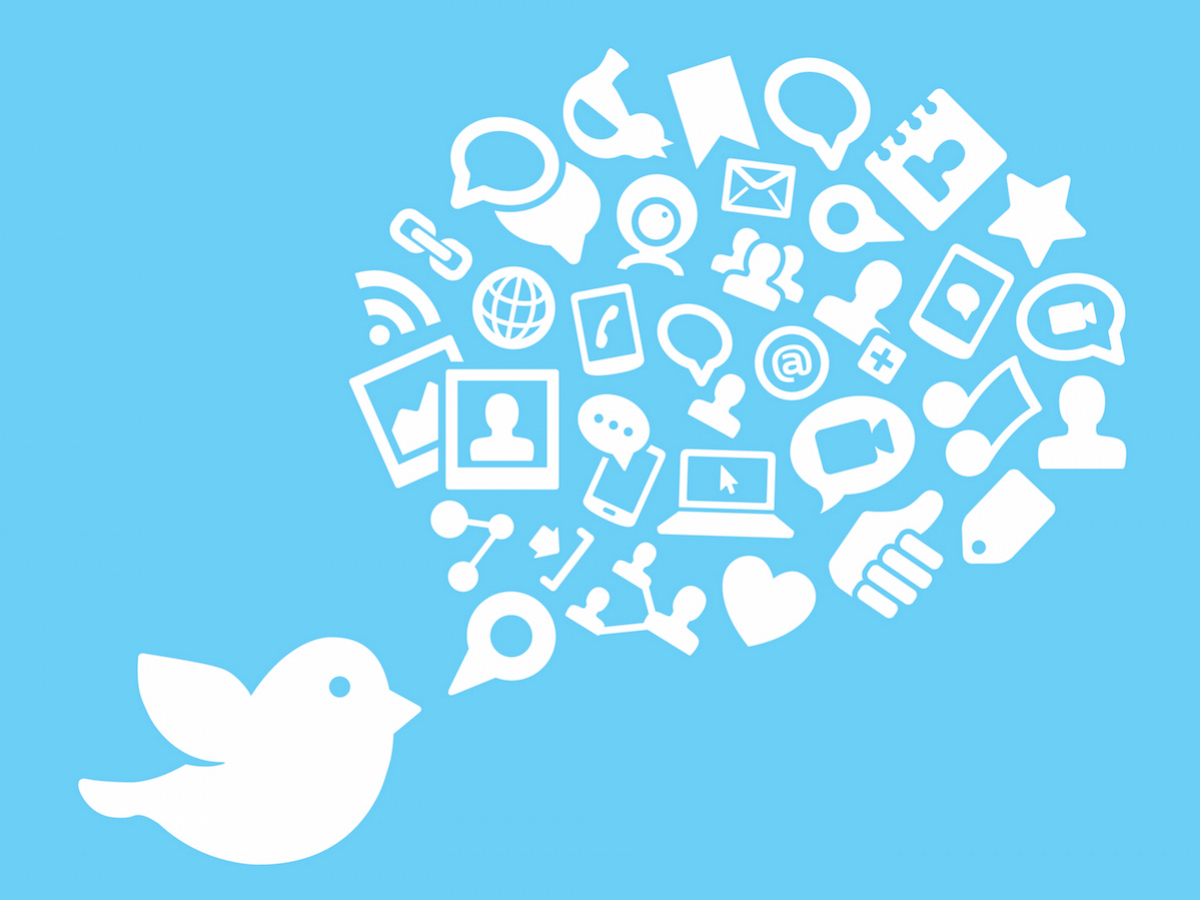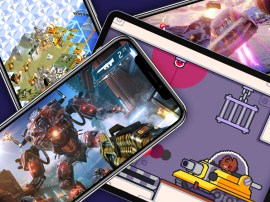Why I don’t love Twitter Likes
Twitter: rearranging deck chairs and misunderstanding how its service is used. Again.

As part of its ongoing mission to eradicate anything unique about the service, Twitter has replaced ‘favorites’. Now, instead of marking a tweet with a star, you click a little heart, and this is referred to as a ‘like’. You know, like on a certain other social network that Twitter clearly really Iikes and very much wants to be like.
The logic (although it’s perhaps a stretch to use that term) behind the decision was outlined by product manager Akarshan Kumar in a blog post entitled Hearts on Twitter. He suggested the change would somehow make Twitter easier and more rewarding to use. The star symbol, apparently, was confusing to new users. (Not something I’ve ever found — unlike, say, Twitter’s dreadful on-boarding process, the company mucking about with the interface all the time, the system randomly unfollowing people on your behalf, and Twitter’s attempts to get rid of the chronological timeline.)
On a roll, Kumar added: “You might like a lot of things, but not everything can be your favorite.” To be fair, this is probably why people referred to ‘favorites’ — as in, plural, rather than only ever having one starred tweet. Kumar continued, claiming the heart is a “universal symbol that resonates across languages, cultures, and time zones”. Presumably urged on by a crowd of over-excited marketing executives, he finished by saying the “heart is more expressive, enabling you to convey a range of emotions and easily connect with people”.

Only it’s not that simple. While the term ‘favorite’ has always been slightly problematic on Twitter, the function itself has become part of the language of Twitter. Like pretty much everything else on the service, usage was user-driven. Clicking that star became a means of bookmarking tweets, flagging them for follow-ups, and notifying friends you’d spotted or liked what they said. They were multipurpose stars!
But the notion of a heart — of a like — is more problematic and often less flexible and suitable. It implies endorsement, love, and affection — values users may not want to apply to a tweet that they nonetheless want to flag. Given that Twitter is frequently a charged political tool, what happens when someone posts a news report about something horrifying? LIKE! HEART! How about adding a glitter animation, just to make that even less appropriate, Twitter? It makes Facebook’s thumbs-up for bad news look positively reserved and fitting by comparison, and I also wonder how women being harassed on Twitter will react to a button using a symbol hinting at romance and emotion.
Expansive and excellent › Fallout 4 review

Presumably, Twitter doesn’t care. The company itself after all only has one emotion and that is to furiously scream at investors: HEY! WE’RE A BIT MORE LIKE FACEBOOK NOW! But how does mirroring your much bigger and richer rival rather than doing something different result in long-term survival? How was this feature deemed a priority — even something that needed to be fixed — when harassment problems remain widespread across the service? And if the idea of ‘liking’ something was so incredibly important, why did it have to replace ‘favorites’ and indeed rename years of starred tweets?
Perhaps I’m now just an old social media git yelling at a heart-shaped cloud. Maybe Twitter isn’t misunderstanding the user experience at all, and it’s just a few long-term users who are grumbling. For all I know, Twitter newcomers worldwide are now sighing with relief because that difficult favorites button (three whole syllables!) has gone, replaced by clickable hearts. But a quick glance at replies to Twitter’s own tweets about the change suggests otherwise, and it really does feel like a mis-step that reduces the flexibility of a previously versatile feature.
Still, it could be worse: at least I’m not an investor in Favstar. (Likheart just doesn’t have the same ring to it.)
Have we got news for you › Mini Meme: News apps



